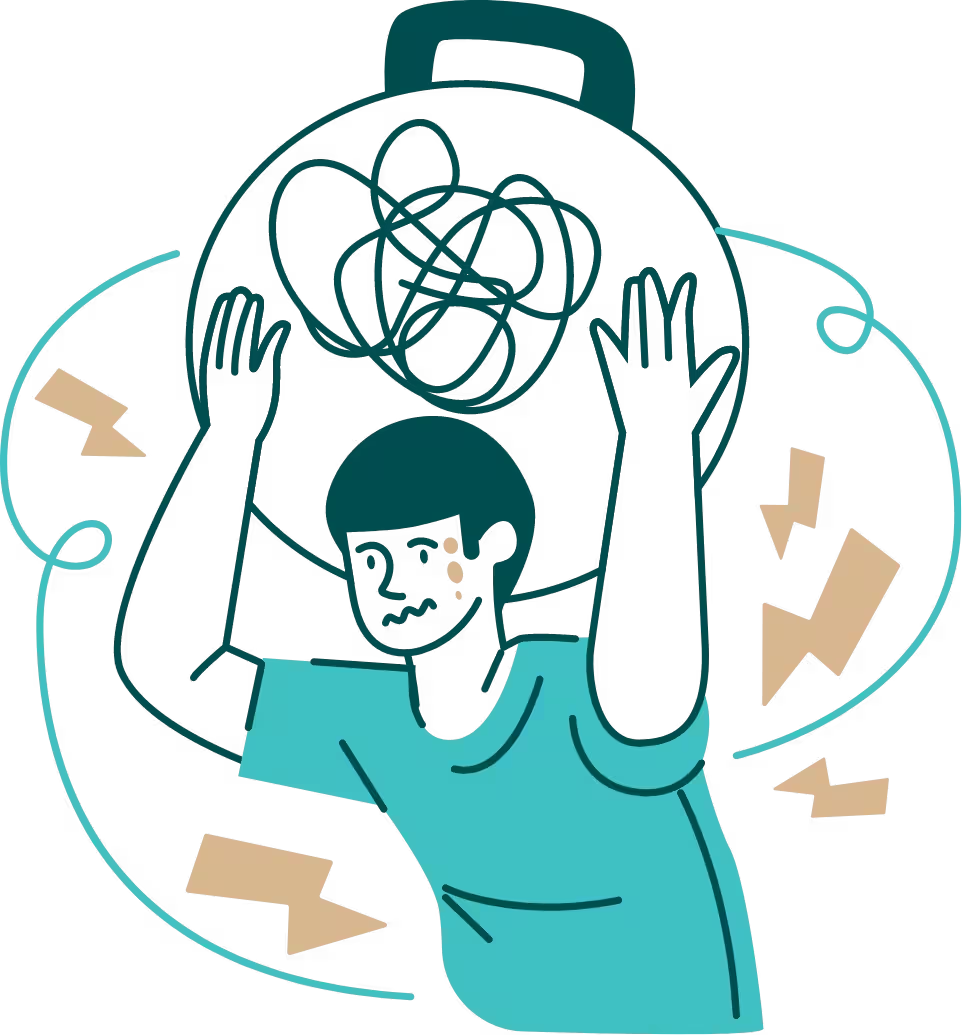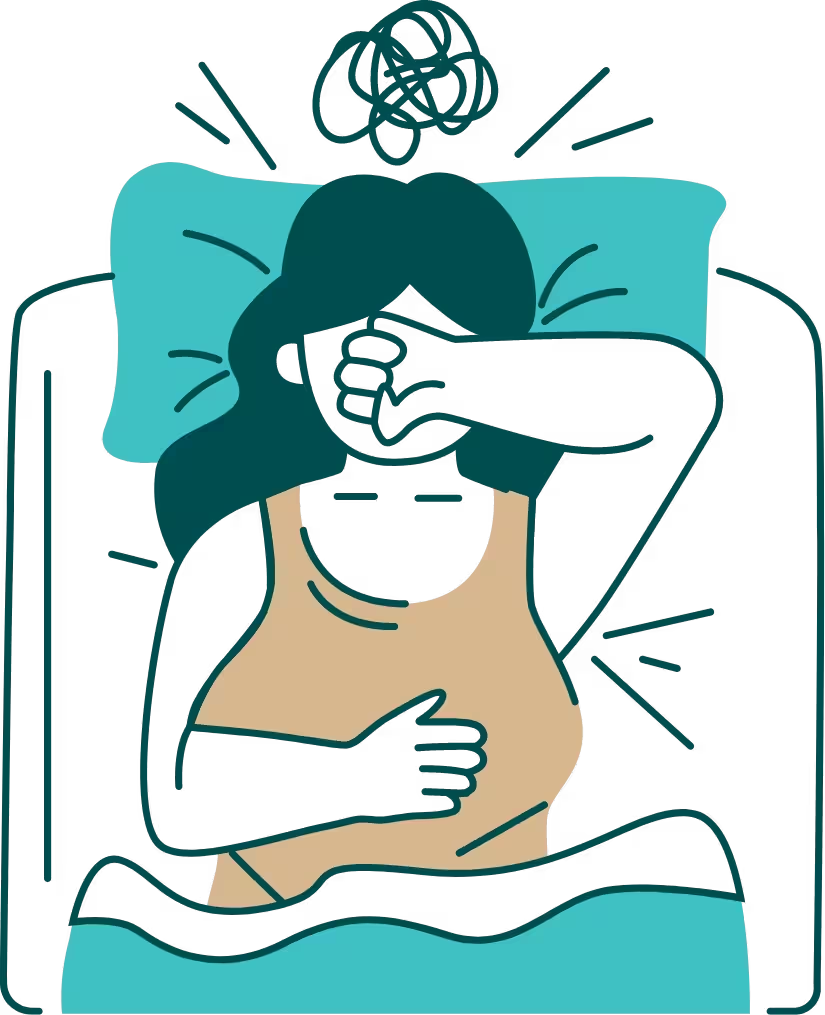Managing ADHD
At Altitude Mind Clinic, we work with adults with signs of ADHD and provide a comprehensive assessment and if suitable, medical treatment including appointments to achieve the best medication and dose for you.
For the team at Altitude Mind Clinic, managing ADHD is not just about treating the condition—it is also about impacting your overall mental and physical health, helping you be more present and changing your life for the better.

What is ADHD?
Attention-deficit / hyperactivity disorder (ADHD) is a neurodevelopmental condition experienced by roughly 1 in 20 Australians and affects how a person focuses, controls impulses, and regulates activity levels. It’s often misunderstood as a childhood disorder, but many adults carry the symptoms into their daily lives. ADHD can appear differently in men and women, making it crucial to understand the various ways it can manifest.
Let Us Guide You on your Health Journey with Altitude Mind Clinic.
What Does ADHD Look Like?
ADHD usually displays differently in men and women, leading to misdiagnoses in women. Symptoms in women are commonly attributed to stress, anxiety, or simply “having a lot on your plate.” Some of the common symptoms to look for include:
ADHD in Women
- Feeling mentally exhausted from trying to stay organised.
- Struggling with forgetfulness, such as missing appointments or misplacing items.
- An inner sense of restlessness without the physical hyperactivity.
- Difficulty focusing on quiet moments, often leading to procrastination or overthinking.
- Being labelled as “daydreamy” or “spacey” during childhood.
ADHD in Men
- Difficulty staying focused on tasks, especially those that seem boring.
- Impulsivity, such as interrupting conversations or acting without thinking.
- Hyperactivity or restlessness.
- Struggles with organisation, often feeling scattered or overwhelmed.
Keep in mind that symptoms can display differently for everyone. Some women may experience more hyperactive symptoms, while men may also struggle with forgetfulness.

Why is ADHD Underdiagnosed in Women?
ADHD in women tends to be underrepresented and underdiagnosed. Historically, ADHD research and diagnosis were focused on men, who often display more hyperactivity.
In women, the symptoms are subtler and can be mistaken for anxiety, depression, or other mood disorders.
Cultural expectations also play a role. Women are often expected to juggle multiple roles—career, family, home—and when they struggle to manage responsibilities, it’s sometimes brushed off as stress rather than a potential ADHD diagnosis. Because ADHD in women may present as mental fatigue, forgetfulness, or disorganisation, they often go untreated for years, feeling like they’re constantly falling short despite their efforts.
How Do I Know if I Have ADHD?
You may feel like your brain has hundreds of browser tabs open all at once, and you are not sure which one to focus on. You have written notes, set reminders for tasks, and even tried apps, but you still find yourself struggling to organise your thoughts and constantly feeling overwhelmed. Or perhaps you are often late—not because you are careless, but because you lose track of time or get sidetracked by other tasks.
These experiences are not about laziness or a lack of discipline. They are signs of how the condition may impact your everyday life, affecting everything from work performance to personal relationships.
If these scenarios feel similar to your everyday life, we encourage you to reach out to Altitude Mind Clinic. Dr Ravinder Sohal understands the challenges ADHD in adults can have in everyday life and is here to offer his expertise with support and guidance.

Take the first step towards finding focus and peace in your everyday life.